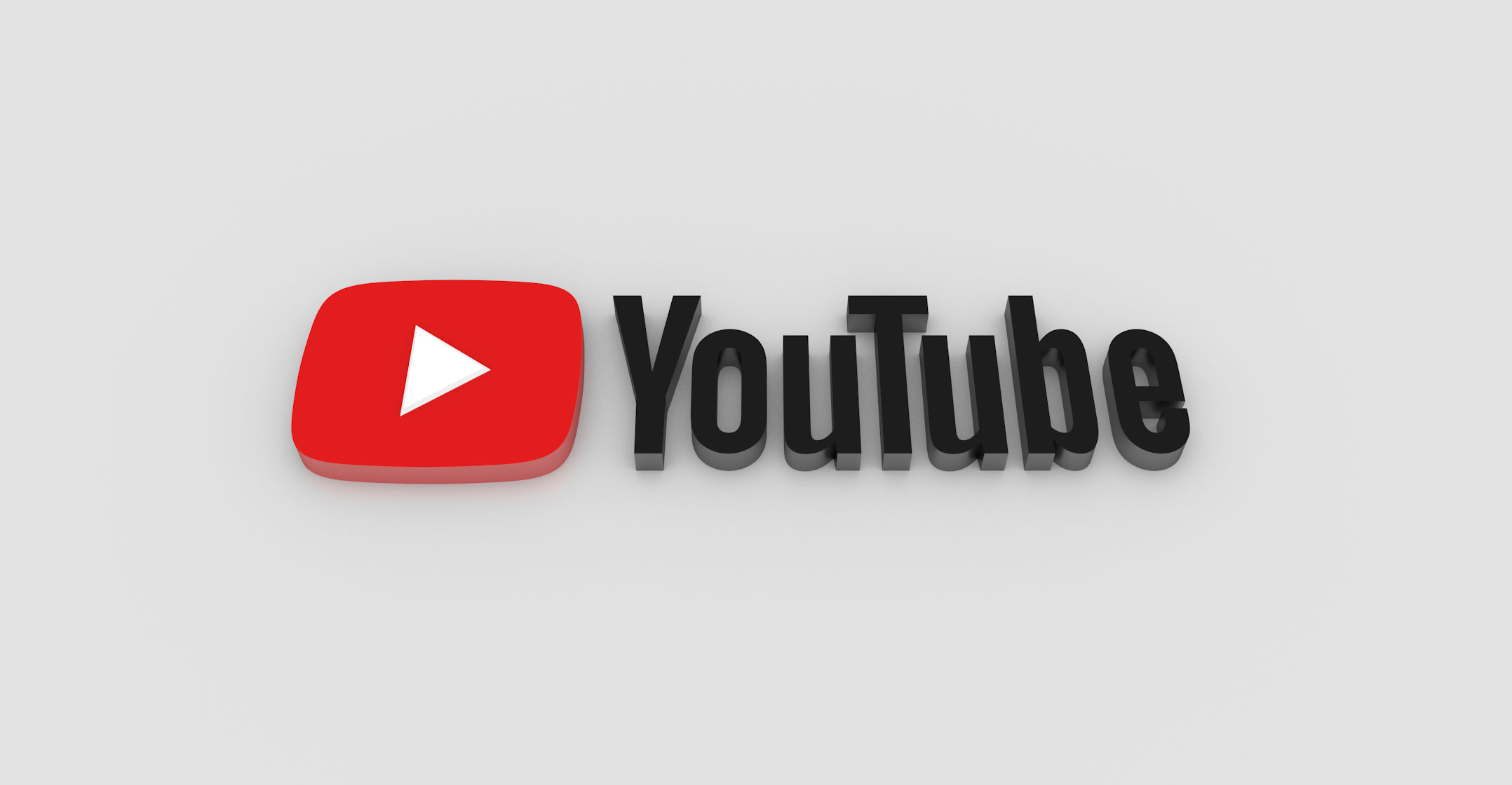 YouTube has said it will take a “stronger stance against threats and personal attacks” by banning videos that “maliciously insult” people based on their race, gender expression or sexual orientation.
YouTube has said it will take a “stronger stance against threats and personal attacks” by banning videos that “maliciously insult” people based on their race, gender expression or sexual orientation.
The updated rules will apply to everyone, whether they are a private individual, a YouTube creator or a public official.
The move comes after US journalist Carlos Maza complained about “clearly hurtful” homophobic and racist slurs in June, directed at him by prominent video-maker Steven Crowder.
Google-owned YouTube initially decided not to taken action against the videos, in which Maza’s accent and hand movements were mocked, as well as describing him as a “lispy queer” and a “Mexican gay guy”, before saying it will review its harassment policy.
Six months on from the incident, YouTube has announced a number of changes in an attempt to target “demeaning language that goes too far”.
“We will no longer allow content that maliciously insults someone based on protected attributes such as their race, gender expression or sexual orientation,” said Matt Halprin, vice president for global head of trust and safety at YouTube.
The popular video-sharing site has pledged to “go a step further and not only prohibit explicit threats, but also veiled or implied threats”.
Comments, too
“This includes content simulating violence toward an individual or language suggesting physical violence may occur. No individual should be subject to harassment that suggests violence,” he continued.
“As we make these changes, it’s vitally important that YouTube remain a place where people can express a broad range of ideas, and we’ll continue to protect discussion on matters of public interest and artistic expression.”
The decision will not only apply to videos, but also comments.
Channels that repeatedly “brush up” against the new rules face losing their ability to make money on the platform, while content that repeatedly harasses someone may also be taken down.
Continued violations could lead to a channel being removed altogether.




